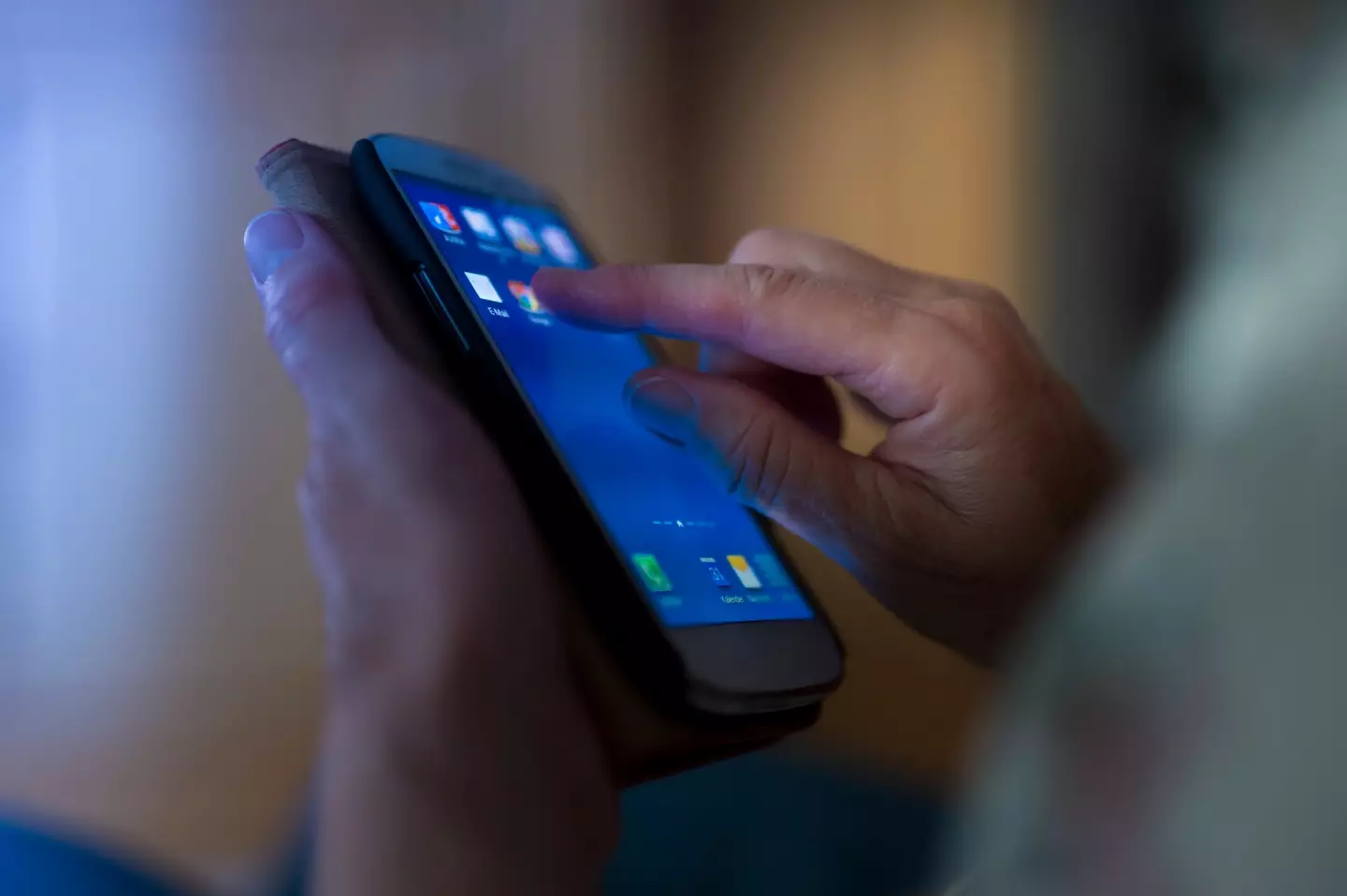
The internet might be packed full of cool content which you can hardly tear yourself away from, but that doesn't mean it's all good, clean fun.
There's all sorts of dangers as scammers and hackers are lurking and waiting for the opportunity to snaffle your information for their own nefarious deeds.
Your personal info is a valuable commodity and it could be used to hack or scam you out of your money.
Advert
Writing in the Metro, ClearScore founder and CEO Justin Basini had some warnings about what to avoid in the world of social media if you wanted to stay safe.
He laid out eight common mistakes loads of people make which could be providing private information to scammers without realising it.

Not knowing who follows you
Scammers can glean a lot of information from your social media profiles, so they could be one of many accounts following you and just lurking until they learn more.
Advert
The expert explained that the more someone knows about you the easier you are to scam.
If you know who's following you then you can at least get a good idea of who might be keeping eyes on your profile with enough regularity to get information.
This is how the whole 'Wagatha Christie' thing kicked off, as Coleen Rooney started reducing the number of followers who could actually read her posts until she discovered 'It's....... Rebekah Vardy's account'.
To be utterly safe you shouldn't let anyone follow you unless you're sure you want them to.
.jpg)
Sharing isn't always caring
You might want to keep people abreast of your life and what's going on in it, but Basini reckons you ought to be careful about just what you're putting out there.
Advert
He explained that someone could piecemeal put together details about who you are based on what you post online, as while you might not tell the whole story all in one there could be enough information out there for someone to take advantage.
The expert also said that posting your full birthday online was a bad idea, as was revealing other information which could serve as a recovery question such as a pet's name or your mother's maiden name.
Remember those Facebook quizzes where they ask something like 'use your birthday to find out what your superhero name would be'?
Yep, that's a goldmine for scammers to scoop important information about you.
Advert
On top of that, sharing certain things like holiday snaps on social media is sending a clear signal to ne'er do wells that you're not at home and could be ripe for burgling.
.jpg) Getty Stock Photo
Getty Stock Photo
.jpg)
Find another vent
We can all understand the need to vent our frustrations sometimes but certain complaints on social media can result in you leaking information like a sieve.
Advert
People post all sorts of things which can get them into trouble but sharing personal information while in a fit of anger can lead to you letting slip more than you intended.
Want to complain about your bank?
The expert explained that now your followers know which bank has your money and a scammer might pretend to be from there and call you up as though they were going to fix your problem.
.jpg)
Privacy check
This is a simple point but it's always worth making, as Basini noted that a quick check of your privacy settings could make all the difference.
You could have your settings on public and not realise the scope to which your posts could be seen, so controlling who can see your content is a basic but vital step.

Keep third-party apps under control
There's lots of apps on your phone which might ask you for permission to access your social media accounts.
They want to see your photos or get your permission to access your profiles on other sites.
According to Basini the sensible move here is to share as little as possible, and if you do link apps to your social media make sure you unlink them once you're no longer using the app.
.jpg)
Password roulette
Do you know how easy it is to crack a password? Sometimes it only takes a matter of seconds to nab the key to your personal information.
There are some words you'd be better off leaving out of your passwords, but the big mistake according to the expert is having the same password for everything.
Basini warned that if you've been on the internet in the past 15 years there's a good chance your passwords and usernames will be available on the dark web for criminals to obtain.
With this information people can log into your accounts, change your own passwords and have greater access.
You ought to have different passwords for different sites, and change them every now and then.
The expert also said two-factor authentication would make it much harder for someone to break into your accounts.
.jpg)
Keep it secret, keep it safe
OK so now you've got a plethora of nigh-uncrackable passwords the important thing to do is not to just go blabbing about it to anyone.
In many cases if you share login details with someone else then it's your fault if something catastrophic happens afterwards.
Either keep those passwords safely ensconced in your noggin or write them down somewhere and keep them out of sight until you need to remember it.
.jpg)
Credit check
Sometimes the best way to see if a fraudster has been trying to be you is to look up your activity on sits.
Basini said checking your credit report could help spot whether a scammer is pretending to be you or whether someone else has set up an account claiming to be you.
Just stay vigilant out there.
Featured Image Credit: Getty Stock ImagesTopics: Social Media, Technology